Students: Apply by Nov. 22 for Clinton Global Initiative University
View Source | November 16, 2013
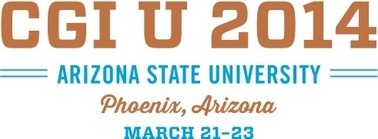 Arizona State University is the 2014 location for the Clinton Global Initiative University (CGI U) Annual Meeting taking place on March 21-23 on the Tempe campus. CGI U promotes and encourages the millennial generation's motivation towards positive change and impactful entrepreneurship by funding student-created projects and initiatives.
Arizona State University is the 2014 location for the Clinton Global Initiative University (CGI U) Annual Meeting taking place on March 21-23 on the Tempe campus. CGI U promotes and encourages the millennial generation's motivation towards positive change and impactful entrepreneurship by funding student-created projects and initiatives.
"This conference is building upon the worldwide movement for social entrepreneurship and change that’s at the core of the millennial generation," said Kaitlin Fitzgerald, student director of Changemaker Central. "ASU is a great place for that because we are a university that prides itself on showing students how to take the resources and opportunities at their disposal and apply them to real-world challenges."
School of Sustainability students are encouraged to apply by Nov. 22 with ideas related to one of five focus areas: education, environment and climate change, peace and human rights, poverty alleviation, and public health. For questions, email changemaker@asu.edu.


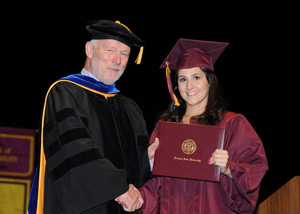 Emma Huizar-Felix, a 2012 graduate of the School of Sustainability, moved from her home state of Mexico to pursue more opportunities and a higher education. She settled in Arizona and ended up double majoring in design and sustainability and minoring in landscape architecture. From a young age, she knew hard work and determination could get her anywhere.
Emma Huizar-Felix, a 2012 graduate of the School of Sustainability, moved from her home state of Mexico to pursue more opportunities and a higher education. She settled in Arizona and ended up double majoring in design and sustainability and minoring in landscape architecture. From a young age, she knew hard work and determination could get her anywhere.


 Arizona State University’s Wells Fargo Arena is the first LED-lit NCAA Football Bowl Subdivision facility in the nation. ASU's recent sustainability partner, Ameresco, joined Musco Sports Lighting, ASU Facilities Development and Management, and University Sustainable Practices to remove the stadium's previous 109.20 kW lighting system with the new 27.74 kW LED system. Now, the stadium's lighting uses 75 percent less energy without compromising lighting levels.
Arizona State University’s Wells Fargo Arena is the first LED-lit NCAA Football Bowl Subdivision facility in the nation. ASU's recent sustainability partner, Ameresco, joined Musco Sports Lighting, ASU Facilities Development and Management, and University Sustainable Practices to remove the stadium's previous 109.20 kW lighting system with the new 27.74 kW LED system. Now, the stadium's lighting uses 75 percent less energy without compromising lighting levels.
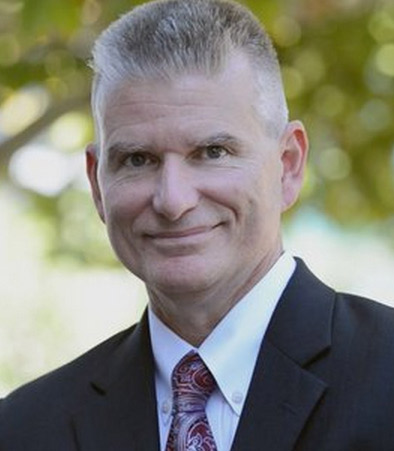 Lieutenant Colonel (retired) Joe Knott, also a current ASU
Lieutenant Colonel (retired) Joe Knott, also a current ASU 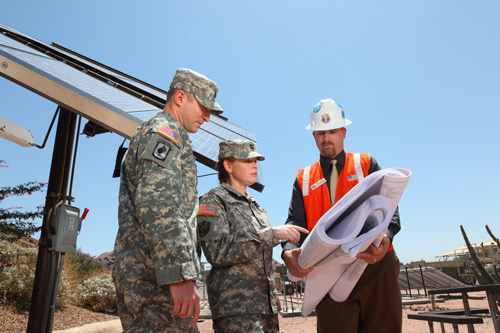 WASHINGTON, DC — November 4, 2013 — On Tuesday, November 5th, just days before Veterans Day, the White House will honor 12 local heroes as "Champions of Change." The event will celebrate American veterans of Iraq and Afghanistan who are doing extraordinary work to advance clean energy and increase climate resilience and preparedness in their communities.
WASHINGTON, DC — November 4, 2013 — On Tuesday, November 5th, just days before Veterans Day, the White House will honor 12 local heroes as "Champions of Change." The event will celebrate American veterans of Iraq and Afghanistan who are doing extraordinary work to advance clean energy and increase climate resilience and preparedness in their communities.
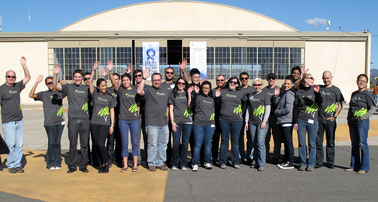 The team of students from ASU and the University of New Mexico competed in the U.S. Department of Energy's 2013 Solar Decathlon and scored fifth in the architecture category and sixth in the engineering category among 20 participating teams.
The team of students from ASU and the University of New Mexico competed in the U.S. Department of Energy's 2013 Solar Decathlon and scored fifth in the architecture category and sixth in the engineering category among 20 participating teams.
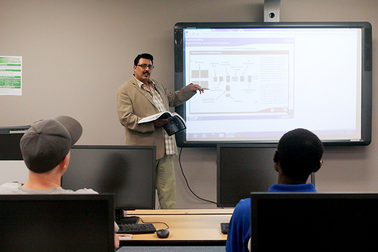 Manny Quijada, a graduate of Arizona State University's
Manny Quijada, a graduate of Arizona State University's 
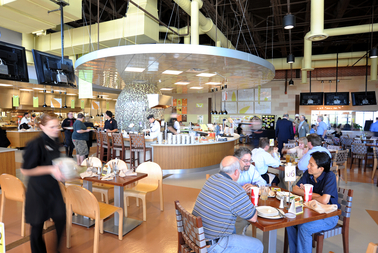 So you’re a student at Arizona State University and are hankerin’ to down some sustainable grub, right? These days it’s hard to figure out where your food comes from and what restaurants are actually telling the truth. (Ever heard of
So you’re a student at Arizona State University and are hankerin’ to down some sustainable grub, right? These days it’s hard to figure out where your food comes from and what restaurants are actually telling the truth. (Ever heard of 
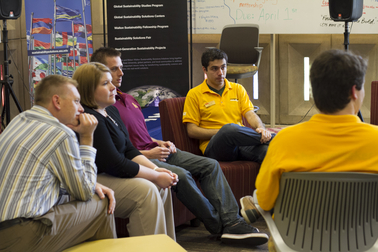 In a recent Triple Pundit article by Arizona State University Sustainability Scientist
In a recent Triple Pundit article by Arizona State University Sustainability Scientist 
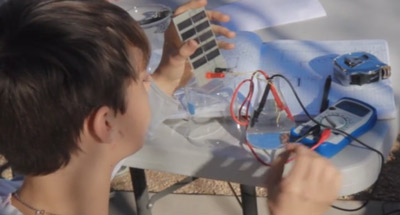 In School of Sustainability professor
In School of Sustainability professor 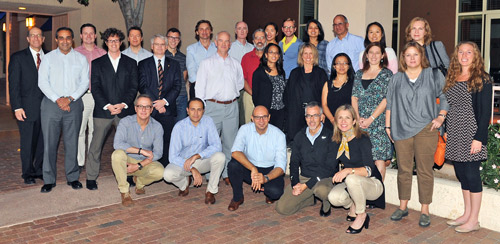 TEMPE, Ariz. — October 22, 2013 — Tasked with determining how best to invest global money in developing countries, the International Finance Corporation (IFC) consulted Arizona State University (ASU) for expert sustainability advice, October 15-16 at ASU.
TEMPE, Ariz. — October 22, 2013 — Tasked with determining how best to invest global money in developing countries, the International Finance Corporation (IFC) consulted Arizona State University (ASU) for expert sustainability advice, October 15-16 at ASU.

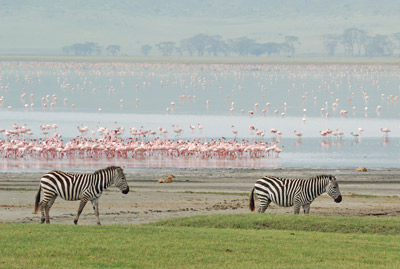 Arizona State University scientists and student researchers are welcome to enter their environmental conservation projects in the
Arizona State University scientists and student researchers are welcome to enter their environmental conservation projects in the 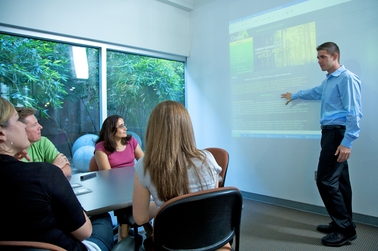 For many who enroll in ASU's School of Sustainability, making a difference in the world is a top priority. The School allows students to design their own academic path based on the type of the career they want, whether it be in energy, food, waste, policy, economics, or international development.
For many who enroll in ASU's School of Sustainability, making a difference in the world is a top priority. The School allows students to design their own academic path based on the type of the career they want, whether it be in energy, food, waste, policy, economics, or international development.